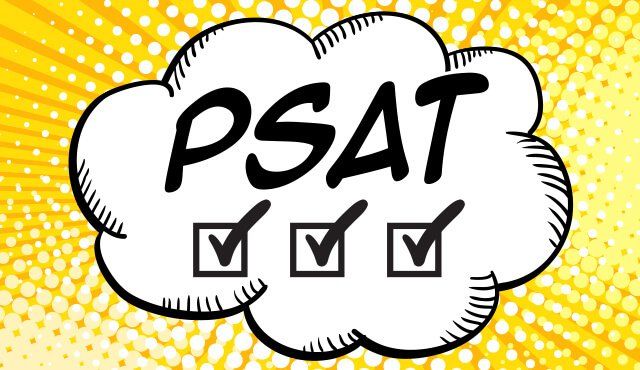This page is licensed under Creative Commons under Attribution 4.0 International. Anyone can share content from this page, with attribution and link to College MatchPoint requested.
Posts tagged Testing

One of the biggest trends in this year’s college admissions cycle is the resurgence of standardized test scores as a meaningful input in admissions decisions. A growing number of top colleges, including several Ivy League institutions, have reinstated test requirements, and even at test-optional schools, strong SAT and ACT scores can significantly boost an application. With this shift, sophomores and their families should take a proactive approach to standardized testing. April is the perfect time to map out a game plan, ensuring your student is on track for success.

Preparing for college admissions exams poses unique challenges for neurodiverse learners. But with accommodations, proper planning, access to coaching, and practice, these tests can set up your teen to shine. If your teen is motivated to invest time into preparing for standardized tests to broaden their potential college list or to increase their chances of receiving merit scholarships, here are key steps for managing the testing process.

When it comes to the SAT or ACT, students face immense pressure, which can often lead to test anxiety. But as common as this experience is, there are several myths about test anxiety that can add to the stress students feel. By debunking these myths, we hope to offer a more supportive and compassionate perspective—helping students navigate this challenge and perform their best on test day.

In recent years, test-optional policies have gained momentum, offering students the option to apply to college without submitting SAT or ACT scores. While this flexibility has been welcomed by many, it’s important to remember that “test-optional” doesn’t mean “test-ignorant.” For students aiming to attend top colleges, submitting strong standardized test scores can still significantly enhance their chances of admission.

While most colleges are test optional, SAT/ACT scores can still impact admissions. As your junior preps for these crucial exams, proper preparation is key. Have them take timed, full-length practice tests to get comfortable with the format. Review mistakes together and spend more time strengthening weak areas. Crafting a smart SAT/ACT study plan now will pay off with strong scores to open college options. Check out our 6 point checklist to help your junior ace their test prep.

PSAT scores were just released for 11th and 10th graders - what's next for your high schooler? As a parent, view this as helpful feedback to guide strategic prep, not cause stress. Analyzing the results closely highlights your student's strengths and areas needing improvement. Use these insights to pick targeted practice resources and determine if the SAT or ACT aligns better with their skills. For 11th graders, outstanding PSAT performance can unlock National Merit Scholarship opportunities. For 10th graders, it provides an early skills assessment to build on over time. Beyond just practice, this diagnostic score equips all students to tailor prep and maximize future test success. With thoughtful follow-up, they can leverage these results to excel when it really counts.

Top colleges evaluate candidates using a holistic review, which means they consider every aspect of the application, from test scores to extracurricular involvement to special accomplishments–and everything in between. By evaluating a student’s application from a holistic perspective, the college gets to know applicants as people, not just numbers. Here’s what admissions officers at highly selective colleges are looking for in their holistic review:





